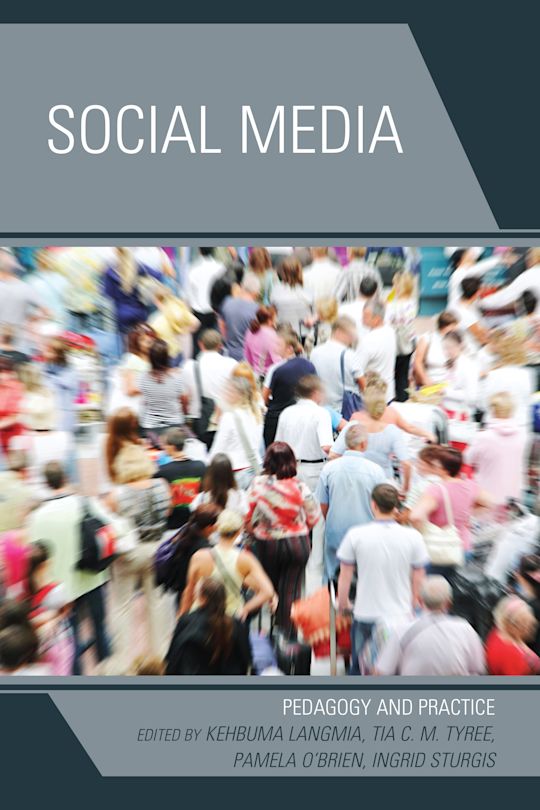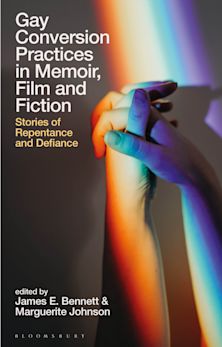Social Media
Pedagogy and Practice
Kehbuma Langmia (Anthology Editor) , Tia C. M. Tyree (Anthology Editor) , Pamela O'Brien (Anthology Editor) , Ingrid Sturgis (Anthology Editor)
- Textbook
Social Media
Pedagogy and Practice
Kehbuma Langmia (Anthology Editor) , Tia C. M. Tyree (Anthology Editor) , Pamela O'Brien (Anthology Editor) , Ingrid Sturgis (Anthology Editor)
- Textbook
This product is usually dispatched within 2-4 weeks
- Delivery and returns info
-
Flat rate of $10.00 for shipping anywhere in Australia
Description
Social Media: Pedagogy and Practice examines how interactive technologies can be applied to teaching, research and the practice of communication. This book demonstrates how social media can be utilized in the classroom to build the skillsets of students going into journalism, public relations, integrated marketing, and other communications fields.
Table of Contents
Acknowledgments
Introduction: Social Media History and Use, Pamela C. O’Brien
Section I: Pedagogy
Chapter 1: Using Social Media and Creating Social Media Courses, Tia C. M. Tyree
Chapter 2: Twitter, Facebook, Blogs, and Media-Sharing Sites in
the Classroom, Jennifer B. Cox
Chapter 3: Teaching Computational Literacy Through Game Design, Ingrid Sturgis & Todd Shurn
Chapter 4: Social Media and Critical Pedagogy, Kehbuma Langmia & Stella-Monica Mpande
Chapter 5: How to Do Communication Research Using Social Media Data, William B. Hart & Erica C. Taylor
Chapter 6: Conducting Research Utilizing Social Media: Best Practices, Jamie Cohen & Paul Mihailidis
Section II: Social Media Practices in the United States
Chapter 7: African Americans and Social Media, Jayne Cubbage
Chapter 8: The Seven Sisters and Their Siblings Go Digital: An Analysis of Women’s Magazine Content on Websites, iPads, and Cell Phones, Yanick Rice Lamb & Kendra Desrosiers
Chapter 9: Social Branding of College Students to Seek Employment, Jamila A Cupid & S. Lenise Wallace
Chapter 10: Social Media, Law, and Practice, Angela D. Minor Esq.
Section III: International Social Media Practices
Chapter 11: Participatory Media Impact on the Arab Spring, Adam Klein
Chapter 12: Social Media and Participatory Communication: The UNDP and the Diffusion of Empowerment, Nickesia S. Gordon
Chapter 13: Cock Crow in the “Electronic Republic:” Social Media and Kenya’s 2013 Presidential Election, Kehbuma Langmia
About the Editors
About the Authors
Product details
| Published | 23 Dec 2013 |
|---|---|
| Format | Paperback |
| Edition | 1st |
| Extent | 274 |
| ISBN | 9780761861959 |
| Imprint | University Press of America |
| Illustrations | 11 b/w illustrations;13 tables |
| Dimensions | 228 x 153 mm |
| Publisher | Bloomsbury Publishing |
Reviews

ONLINE RESOURCES
Bloomsbury Collections
This book is available on Bloomsbury Collections where your library has access.



































